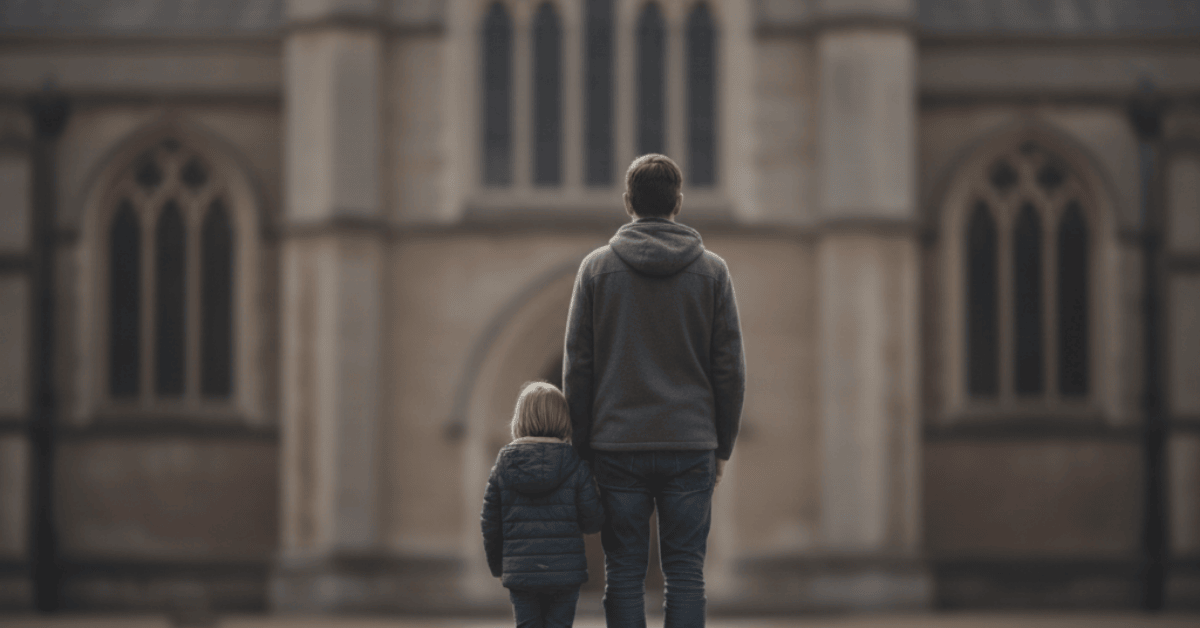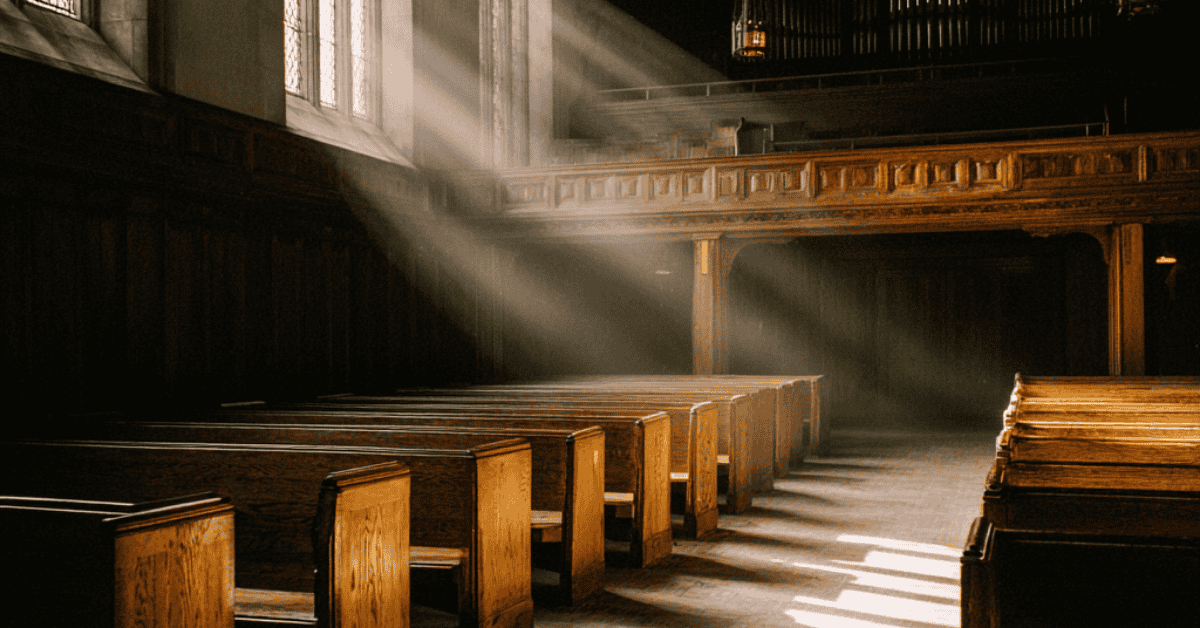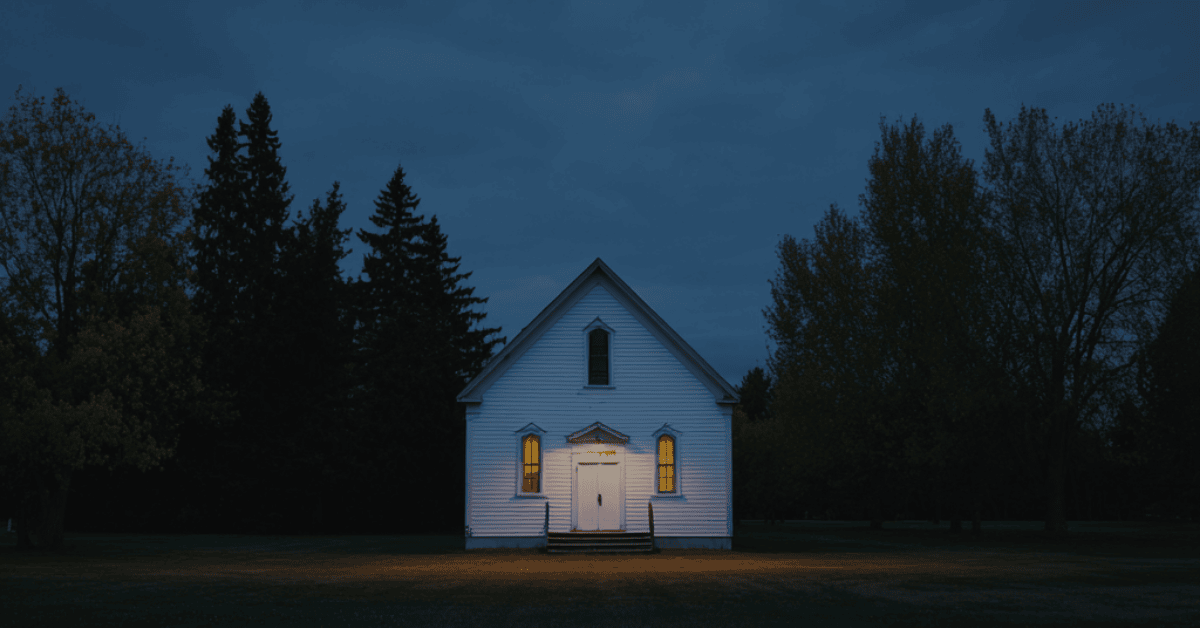The Emotional Toll of Confronting an Abuser in Court
They say the hardest part is over once you leave the abuse. But what they don’t tell you is how hard it is to stare down the person who hurt you, in front of a room full of strangers, and speak your truth out loud.
Facing your abuser in court isn’t just a legal process. It’s an emotional battlefield. And if you’ve ever wondered why so many survivors hesitate to come forward, this moment right here—the one where your voice is supposed to carry justice—is often the reason.
Even if the abuse happened decades ago, stepping into a courtroom can bring it all back in seconds. The legal system may have moved on, but for the survivor, the wounds can still be fresh. Time doesn’t erase trauma—it just hides it better.
How does facing an abuser in court affect survivors?
It’s like reliving the trauma with a spotlight on it.
You walk into the courtroom and suddenly your body remembers everything your mind has fought to forget. The smell of the wooden bench, the sterile hum of fluorescent lights, the cold stare from the defense table—it can all bring memories flooding back before a word is spoken.
For many survivors, the act of testifying triggers emotional flashbacks. You may feel like you’re back in the room where it all happened. Some describe feeling disoriented, numb, or like they’re floating outside their own body. That’s not weakness. That’s trauma.
One survivor told me she couldn’t remember anything she said after she took the oath. Her hands trembled so hard she couldn’t hold a pen. That’s not a lack of courage—that’s what unresolved trauma looks like when it surfaces without warning.
And here’s the cruel irony: the legal system expects survivors to be calm, coherent, and consistent—precisely at a moment when their mind is in survival mode.
What emotional challenges do abuse survivors face in court?
Let me walk you through it.
First, there’s fear. Not just fear of the abuser, but fear of not being believed. Of being blamed. Of being painted as unstable, confused, or vindictive. Defense attorneys are trained to pick apart your memory, twist your words, and shake your confidence. It’s their job. But for you, it feels personal.
Then there’s shame. The kind that clings to you even when you know the abuse wasn’t your fault. The courtroom has a way of making survivors feel like they’re on trial too.
Some survivors I’ve worked with say the hardest part isn’t even the testimony. It’s sitting across the room from the person who violated them and realizing that no matter how many years have passed, one look can make them feel eight years old again.
If you’ve ever read about the impact of not reporting sexual abuse, you know silence can eat away at a person. But speaking up has its own cost—especially when the court treats your pain like evidence to be dissected.
PTSD from legal battles is real
There’s a name for what happens to many survivors during and after court proceedings: legal PTSD.
The stress of trial, cross-examination, and public exposure can aggravate existing trauma or create new emotional wounds. Nightmares, panic attacks, trouble sleeping, hypervigilance, emotional numbness—these aren’t rare. They’re common.
And if you’re dealing with childhood sexual abuse, those court dates can reopen wounds you spent years trying to seal shut. Survivors may withdraw socially, develop trust issues, or struggle to maintain employment. Healing can feel like a moving target.
When survivors are cross-examined harshly, it can feel eerily similar to the control tactics their abuser once used. Being questioned like your story is suspicious—not just difficult to hear—can deepen that original sense of powerlessness. The courtroom setting itself, with its procedures and hierarchies, often mirrors the emotional power dynamics survivors are trying to escape.
Especially in a state like Arkansas, where child sexual abuse cases often involve powerful institutions—schools, churches, and religious groups—you might feel like you’re going up against a giant. If you’ve suffered abuse in a religious institution, the courtroom might even symbolize betrayal from more than just the abuser. It can feel like your entire faith or community is on the other side.
How can survivors prepare for legal battles?
Let’s be real. No amount of preparation makes this easy. But there are ways to reclaim control over the process.
Start with a therapist—ideally one who specializes in trauma. Therapy can help you separate past pain from present fear. It gives you tools to ground yourself, breathe through flashbacks, and stay centered when the courtroom feels like quicksand.
Next, work with a lawyer who understands trauma. Not just the legalities of it, but the lived reality. A good attorney knows when to shield you from unnecessary confrontation, when to push, and when to pause.
Here’s something many survivors don’t realize: you can ask for accommodations. A support person in the courtroom. A break during testimony. Sometimes, even video testimony instead of being in the same room. These aren’t favors. They’re your rights.
Think about what will help you stay grounded. Some survivors carry a grounding stone in their pocket. Others write down a short phrase—”I am safe now”—and glance at it when they feel overwhelmed. You can bring water, tissues, a notepad with affirmations. These small things are not crutches—they’re anchors.
Write out your story in your own words ahead of time. You may never read it aloud, but having it down on paper can help organize your thoughts and emotions. Practice saying parts of it out loud in a safe space so that your brain doesn’t encounter those words for the first time under pressure.
After court, plan for the emotional aftermath. Whether it went well or not, it can feel like a crash. Block off time to decompress. Debrief with someone you trust. Get sleep. Avoid media coverage. Do something that reminds you that you exist beyond this case.
Read about laws that were designed to support you—like Arkansas Senate Bill 676. It gives survivors more time to come forward, and it reflects a growing understanding that trauma doesn’t follow a legal timeline.
Finally, don’t isolate. Whether it’s a support group, close friends, or other survivors who’ve walked the same road, staying connected to people who understand can steady you.
What the court often gets wrong
Too many courtrooms are not trauma-informed. They’re built for order, not healing. And when survivors are forced to recount the worst moments of their lives in an environment that feels cold, clinical, or hostile, it can compound the harm.
There are rarely private waiting areas. The bathrooms may be shared with the opposing party. Judges and court staff may lack training in how trauma affects memory, demeanor, or speech. Survivors may be penalized for appearing emotional—or worse, for appearing “too calm,” as if that discredits their experience.
We need more than justice. We need a system that doesn’t punish people for having survived.
Trauma-informed courtrooms are not just a dream. They’re a necessity. That means trauma training for judges and attorneys. Separate entrances or spaces for survivors. The option to testify remotely. And a shift in courtroom culture that recognizes survivors are not the problem—abuse is.
What I tell every survivor before trial
This isn’t about being brave in the way movies show it. You don’t have to stare down your abuser like a hero on a witness stand. You don’t have to stop shaking. You don’t have to be perfect.
You just have to show up and tell the truth. That alone is revolutionary.
If your voice cracks, it’s okay. If you cry, it’s okay. If you forget something, lose your place, or need to stop, it’s okay. You’re not here to impress anyone. You’re here because what happened to you matters.
And if no one has said it yet: I believe you.
The courtroom may not feel like a safe place—but you can still speak your truth there. And you’ll walk out with more strength than you walked in with.
That’s not just justice. That’s healing, one step at a time. And while the courtroom might be one of the hardest steps to take, it’s not the end of your story. It’s just one chapter in the process of reclaiming your life.



